How a Swiss army man is overseeing Middle East ‘peace’
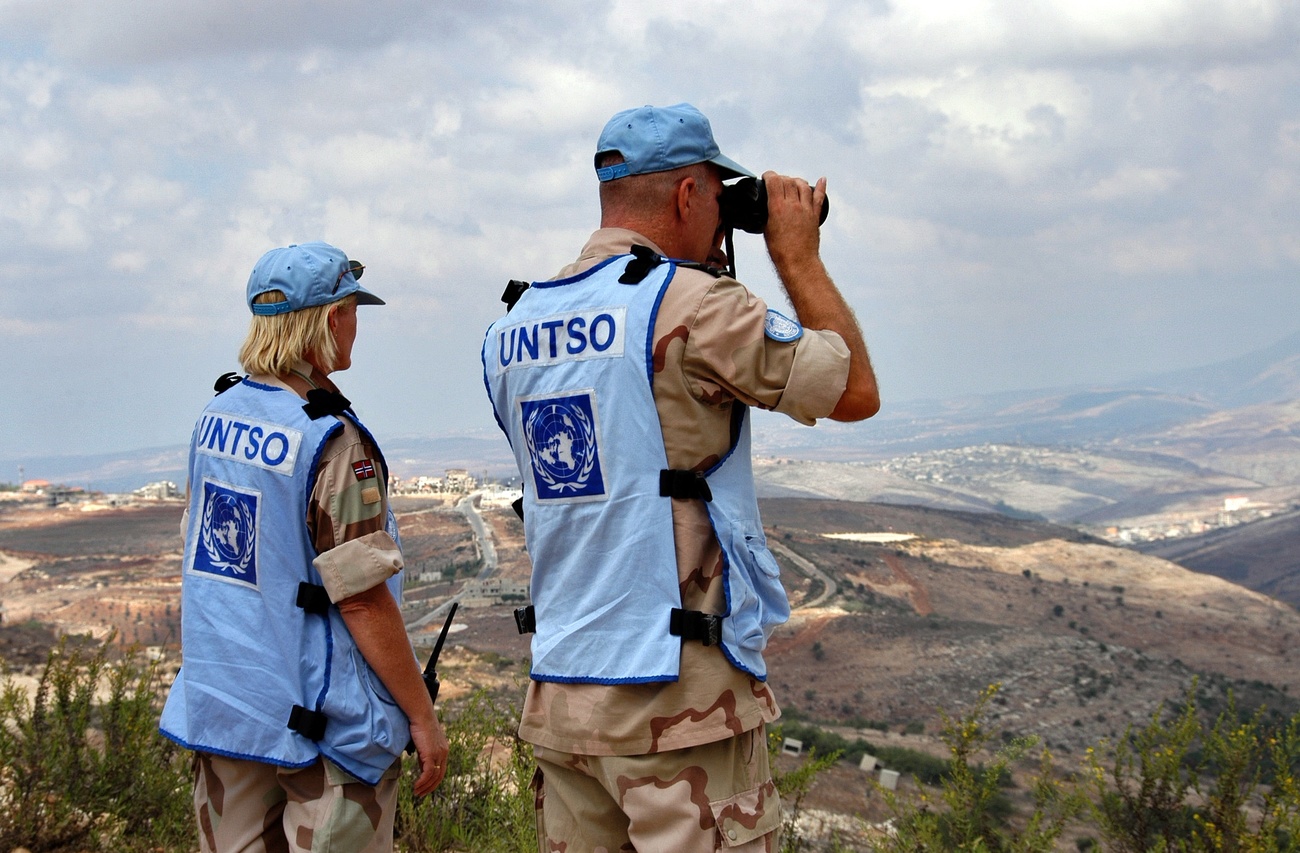
His task can be dangerous, and he needs diplomatic as well as military skills. Swiss army general Patrick Gauchat recently took up a new post as head of the United Nations’ oldest peace mission, the UN Truce Supervision Organization (UNTSO). In an exclusive interview with SWI swissinfo.ch, he tells us what it takes to do this job.
UNTSOExternal link may be the oldest UN peacekeeping mission but it is not necessarily well known. To understand what it does, you have to go back to its origin in 1949, says Patrick Gauchat, the organisation’s new Head of Mission and Chief of Staff. It was set up after the 1948 Arab-Israeli warExternal link when the UN declared a ceasefire and sent military observers to oversee the Armistice Agreements between Israel and its neighbours. But its mandate has evolved over the years. Today, UNTSO military observers are also attached to UN peacekeeping forces in Lebanon and the Golan Heights.
They monitor the ceasefire lines and report on any violations, carry out inspections to “observe the numbers of troops, battle tanks, artillery and presence of certain types of weapons” and act as go-betweens for the hostile parties, Gauchat told SWI swissinfo.ch from Jerusalem. “You need to be a diplomatic military person or a military diplomat,” he says.
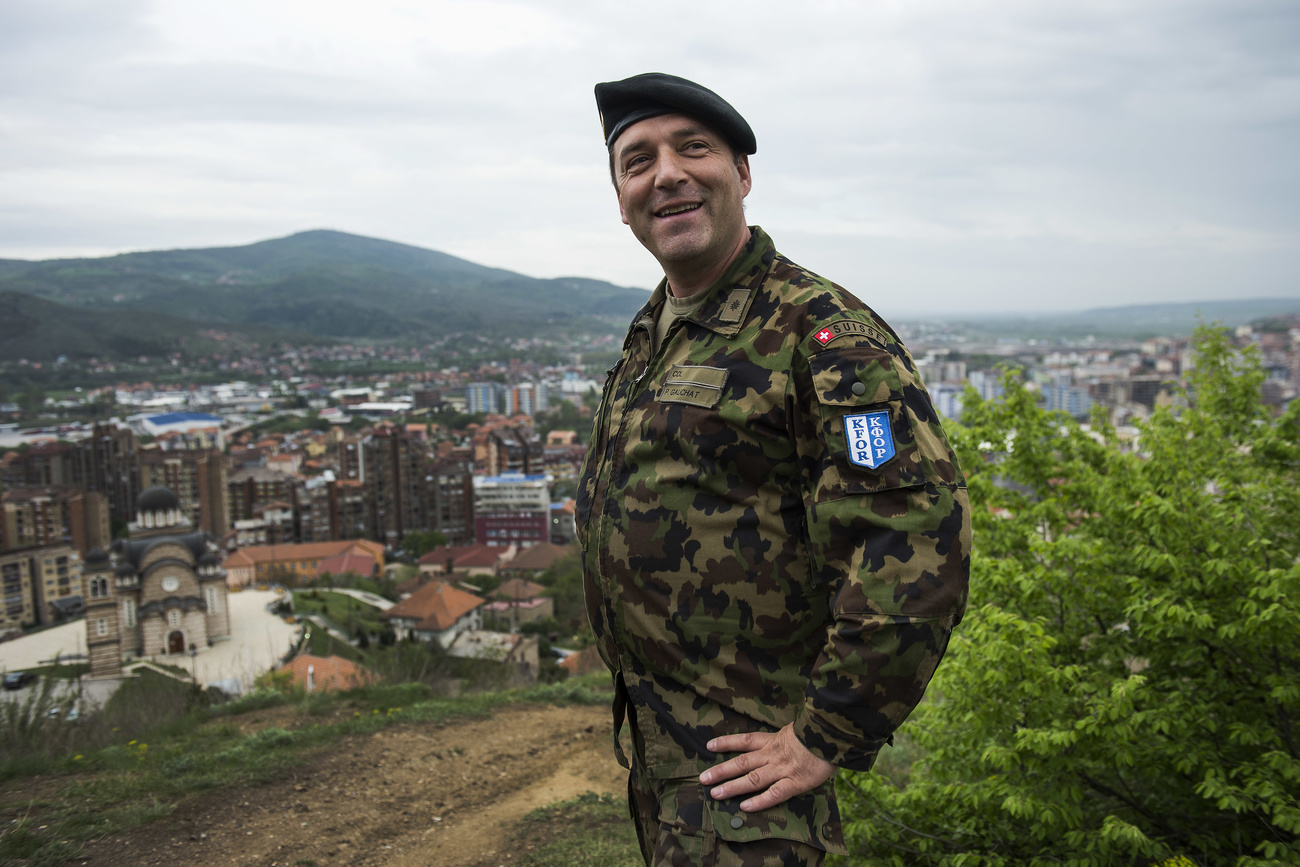
More
First Swiss to lead a UN peace operation takes up post in Middle East
“Sometimes dangerous”
Gauchat says it can sometimes be dangerous for UNTSO being on the frontlines. “The military observers are of course in danger. If we take, for example, the main wars after 1948 in the Middle East — 1967, 1973, 1982, 2006 — in each of those wars we lost military observers, who were just doing their jobs.”
Experience helps though, Gauchat says. He has served in UNTSO before as a military observer and was its Deputy Chief of Staff from 2011 to 2013. He has also served in peacekeeping missions in Kosovo and, most recently, the demilitarised zone on the border between North and South Korea. “Being confronted at different times of your career with different dangerous and politically sensitive situations, you develop options to defuse tension. For me, those are based on experience, but also on creativity,” he told SWI swissinfo.ch.
UNTSO currently has 153 military observers, as well as civilian staff. It is headquartered in Jerusalem, while it also has offices in the capitals of Lebanon, Egypt, Syria and Jordan. Over the years it has accumulated a total of 50 fatalities.
UNTSO military observers are not armed, operating under a so-called Chapter 6 UN mandate with the agreement of the hostile parties. This is not the case for all UN peacekeepers, some of whom are armed. In the Democratic Republic of Congo, for example, they carry weapons under a so-called Chapter 7 mandate and are allowed to “take all necessary measures” to protect civilians under attack from armed groups.
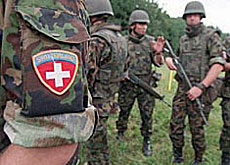
More
Swiss deploy first armed peacekeepers
Swiss neutrality
Does it help Gauchat to be Swiss? “Since I deployed here [on December 9], I have heard a lot of parties speaking about neutrality or the neutral reporting of the military observers. So to have a Swiss head of mission is for them a kind of security, to be sure that neutrality is already understood by the head of mission,” he said. “If we speak about Switzerland for peacekeeping, I would say it’s a country that has no colonial past, no big national interest like perhaps some other countries.”
Asked about the qualities he thinks it takes in his job, Gauchat says that as well as military and diplomatic skills you also need “patience and understanding”. “It’s important to learn about culture, history and the general situation in the area, so you understand better how the people think and what their concerns are,” he continues. He thinks his multinational and multicultural team is an asset. “Definitely when we have a UN mission that deals with several cultures, languages and religions, it’s good because you have this respect of diversity, internal and external.”
Evaluating UN peace missions
Since UNTSO was set up in 1949, the UN has had many peacekeeping missionsExternal link around the world, with twelve ongoing. These missions have sometimes been criticised, with the most notable failure in Rwanda in 1994, when it pulled peacekeepers out instead of boosting their mandate to stop the genocide. The late Kofi Annan, who was head of UN peacekeeping in New York at the time, later expressed “bitter regret and abiding sorrow” over the international community’s response to Rwanda’s genocide.
Gauchat believes that the UN has improved as an organisation since then. He also thinks the value of a peacekeeping mission is not always obvious. The absence of fighting is not only vital for local populations, but also a key element that can pave the way for a political solution to the conflict. “We should not be seen as the ones that make peace, but we produce some conditions that are conducive to peace,” he says.
Asked about the absence of lasting peace in the Middle East after all these years, he says he prefers to look on the positive side, pointing to the fact that the 1948 ceasefires were later transformed into peace treaties between Israel and two of its neighbours, Jordan and Egypt. But he admits that the ongoing Israeli-Palestinian conflict is “one of the key issues to solving all the conflicts in the Middle East”.
Challenges
Gauchat thinks the main challenge for peacekeeping at the moment is the Covid-19 pandemic. He says peace efforts at the political level, in the Middle East and elsewhere, have been “diluted” as the world struggled to fight the pandemic. While the military continue their tactical work on the ground, there is less energy being put into finding lasting political solutions to conflicts.
On the personal level, he says the biggest challenge in his life has been his decision to leave a relatively comfortable life in Switzerland and join the UN peacekeeping system. “You leave behind your network and your friends, and it’s hard especially if you are changing country every one to three years.”
And how do you do that? “From very young, I have liked to travel, to discover other landscapes, languages, culture, geography and history. So I think that drives me to be always thirsty for new societies,” Gauchat replies. “If you have the personal skills to meet new people, take on a new way of doing things, I think you can cope with this life.”

In compliance with the JTI standards
More: SWI swissinfo.ch certified by the Journalism Trust Initiative











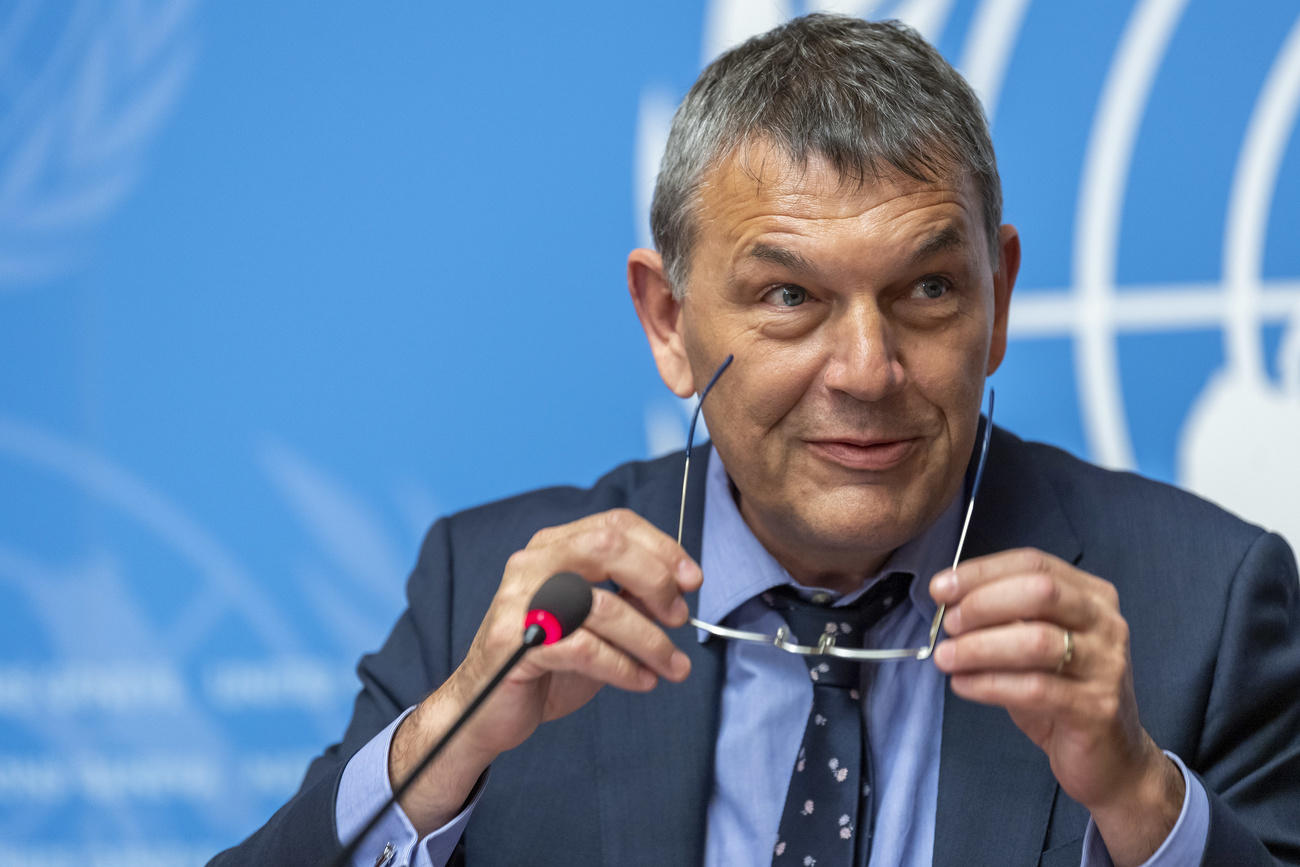
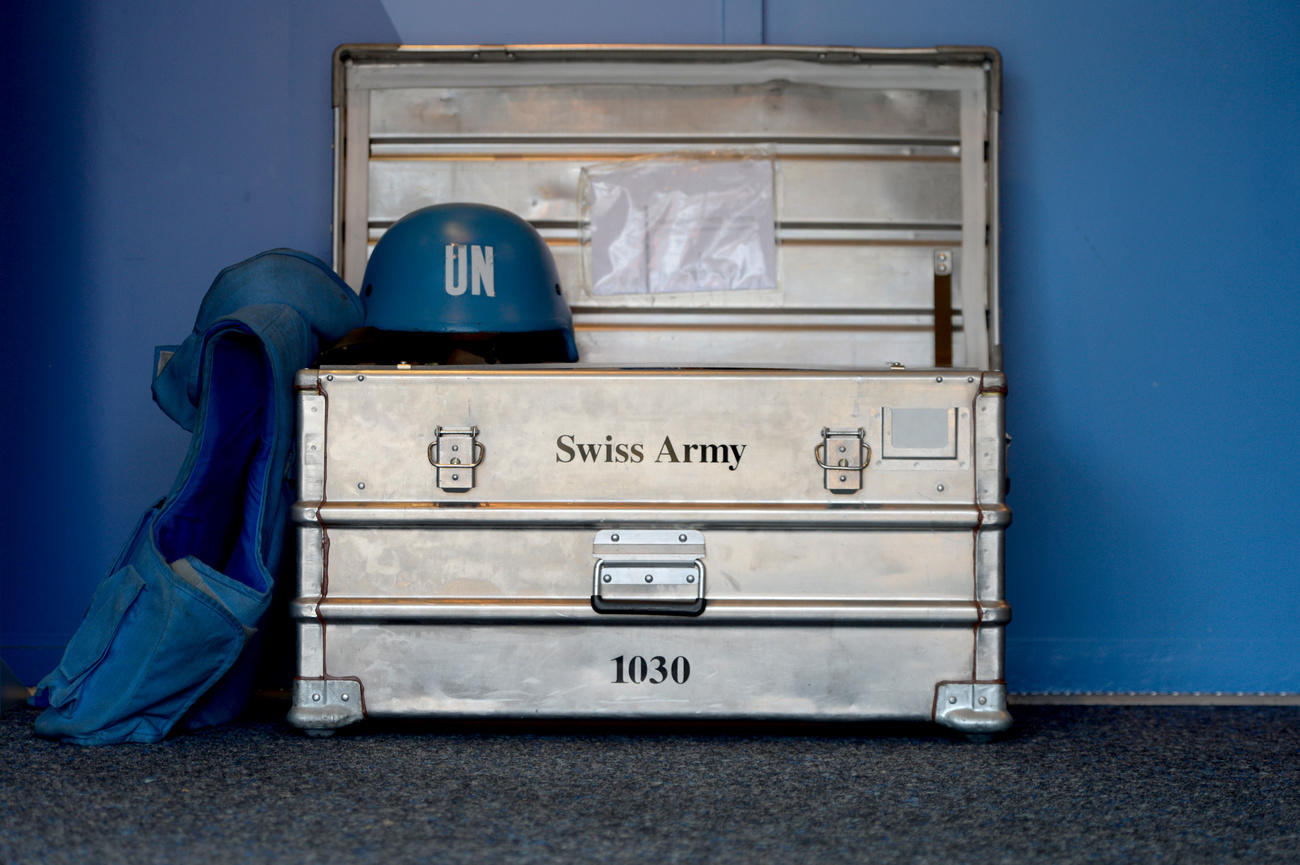
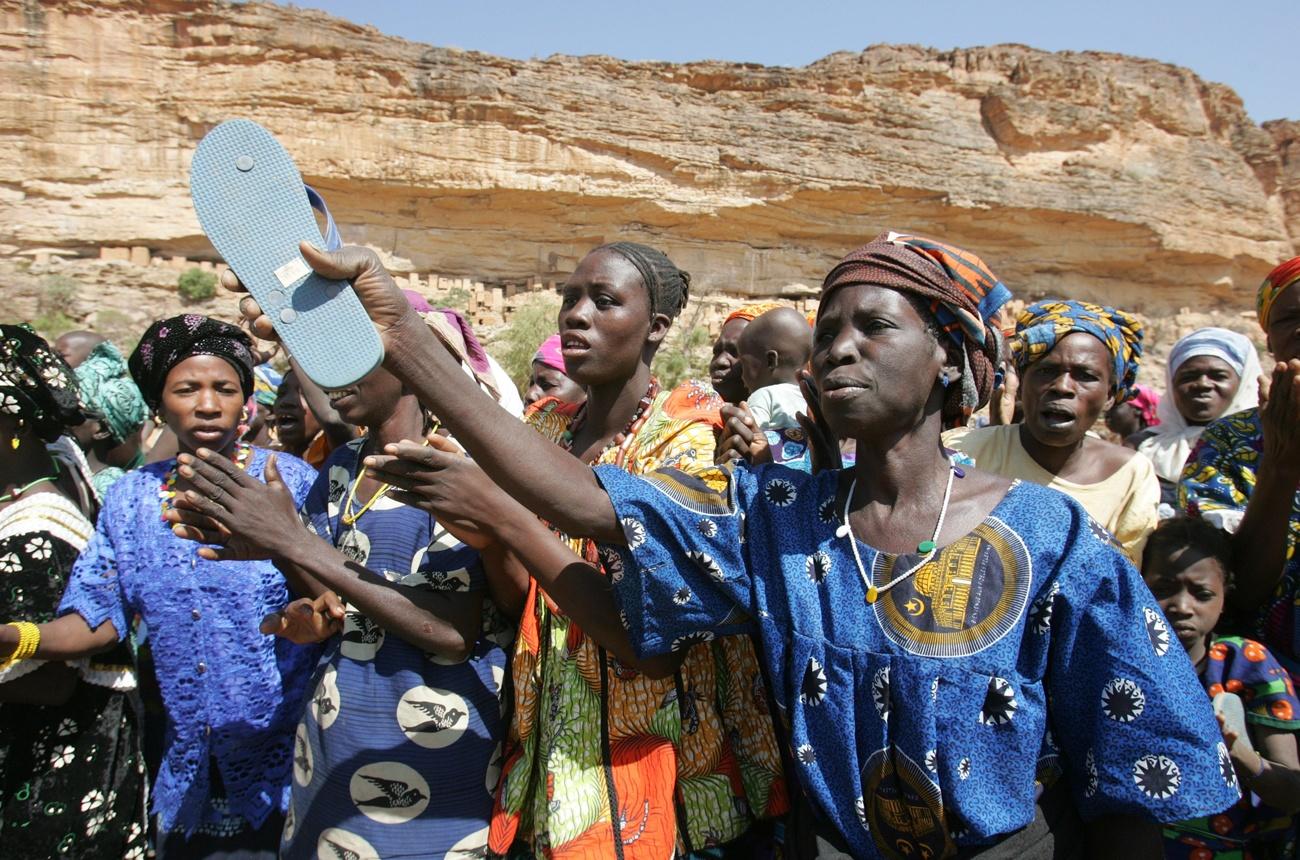
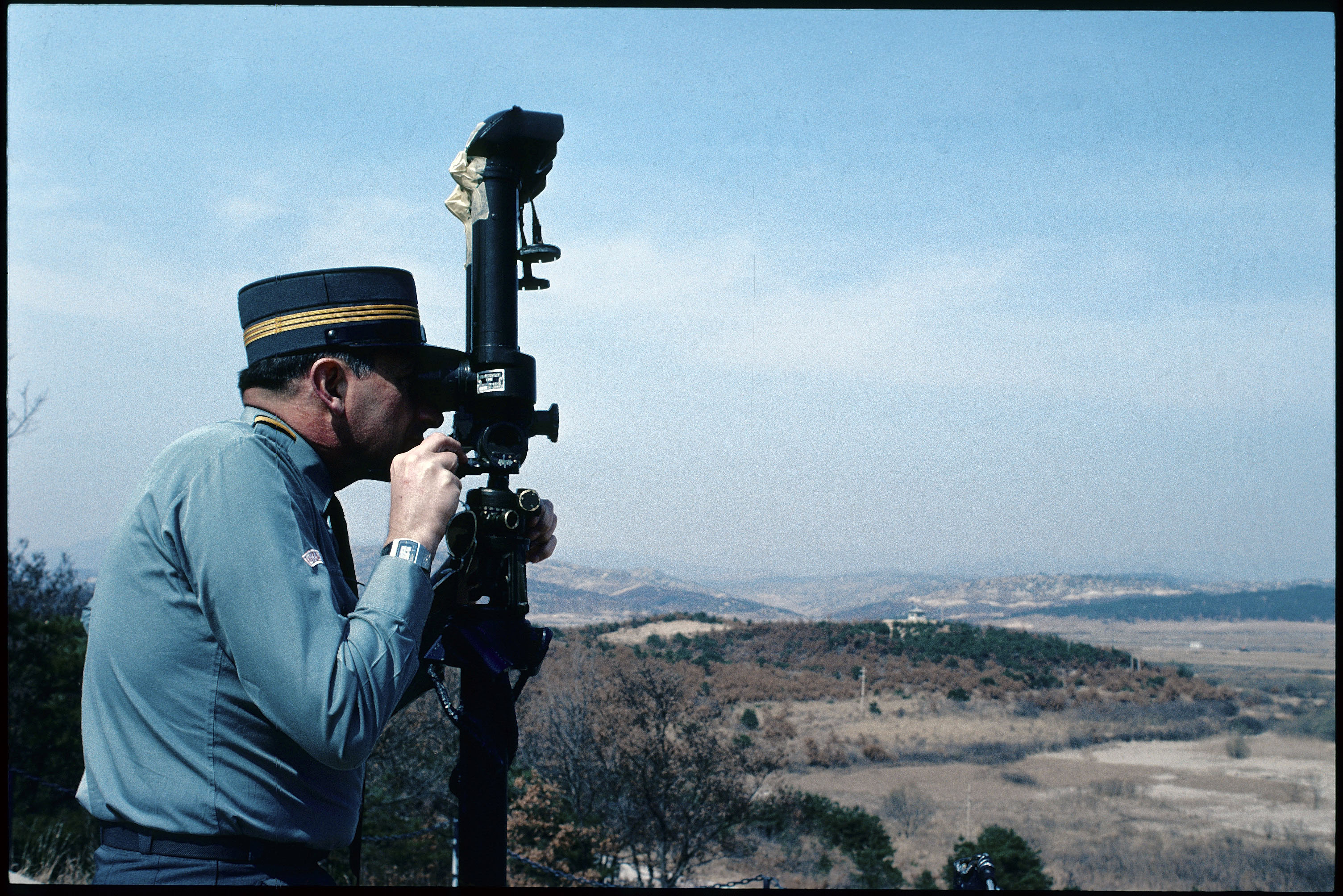
Join the conversation!